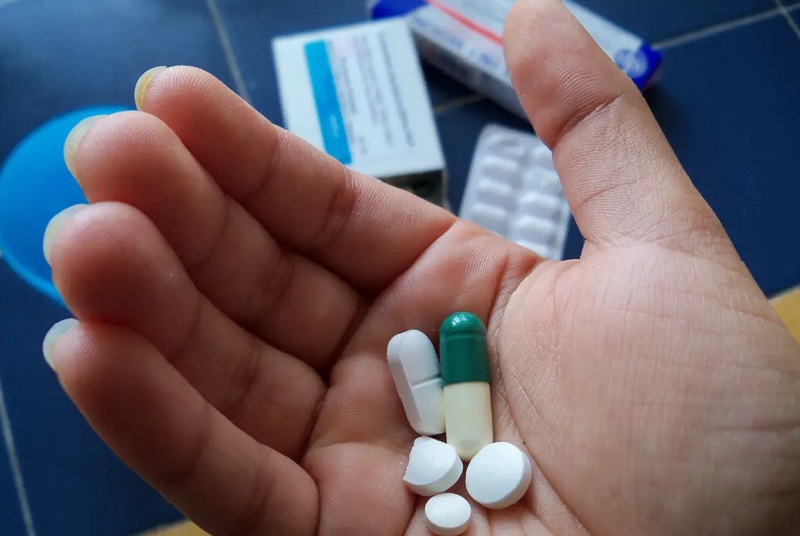
Expensive medicines putting lives of Bulgarians at risk. EU must step up help.
Mariana Alexandrova in the Bulgarian capital city of Sofia has a fragile heart and suffers from Type-2 diabetes. She takes two types of medicines for the diabetes, three types for the heart, and four more types for other diseases, Euronews quoted her as saying.
In a country where the average monthly income is below €1,000, Mariana’s medicine bills can amount to up to the equivalent of €100 per month. Although it’s a heavy burden, she says she is capable of affording all the treatments.
Not Everyone Is As Fortunate
Patients who are only on benefits or are retired or have a really low salary often choose to treat just one or two conditions of the three or four they suffer, explained Mariana, who is President of a patient’s association.
The problem is quite widespread in Bulgaria. A recent poll showed 19% of respondents saying they can’t afford medicines for all the conditions they suffer from.
People with diabetes and/or cardiovascular ailments seem to be particularly affected. Borislav Georgiev, head of the cardiology clinic at the National Cardiology Hospital, said the cost of medicines is potentially putting the lives of scores of Bulgarians at risk.
Keep Reading
Borislav highlighted the risks associated with not implementing the right therapy, adding the patient will not get good recovery results and there may be complications, repeated heart attacks, and a recurrence of coronary problems.
Searching For Solutions
Specific levels of reimbursement from the National Health Insurance partially explain the situation, and only the government of Bulgaria can act on that. But potential measures at the EU level could also help make things better in the country and across all other member states.
In search of alternatives, the European Commission has proposed to make generic medicines more readily available. These are cheaper drugs prescribed as substitutes for brand-name medicines. Generics are used at the same doses and contain the same active ingredients.
But the inactive substances, appearance, packaging, and name can be wholly different.
The EC is also looking for more transparency on public funding to develop medicines in order to make drugs more affordable. Nevertheless, whatever the solutions are, they need to be implemented as swiftly as possible as time is running out for numerous patients.




